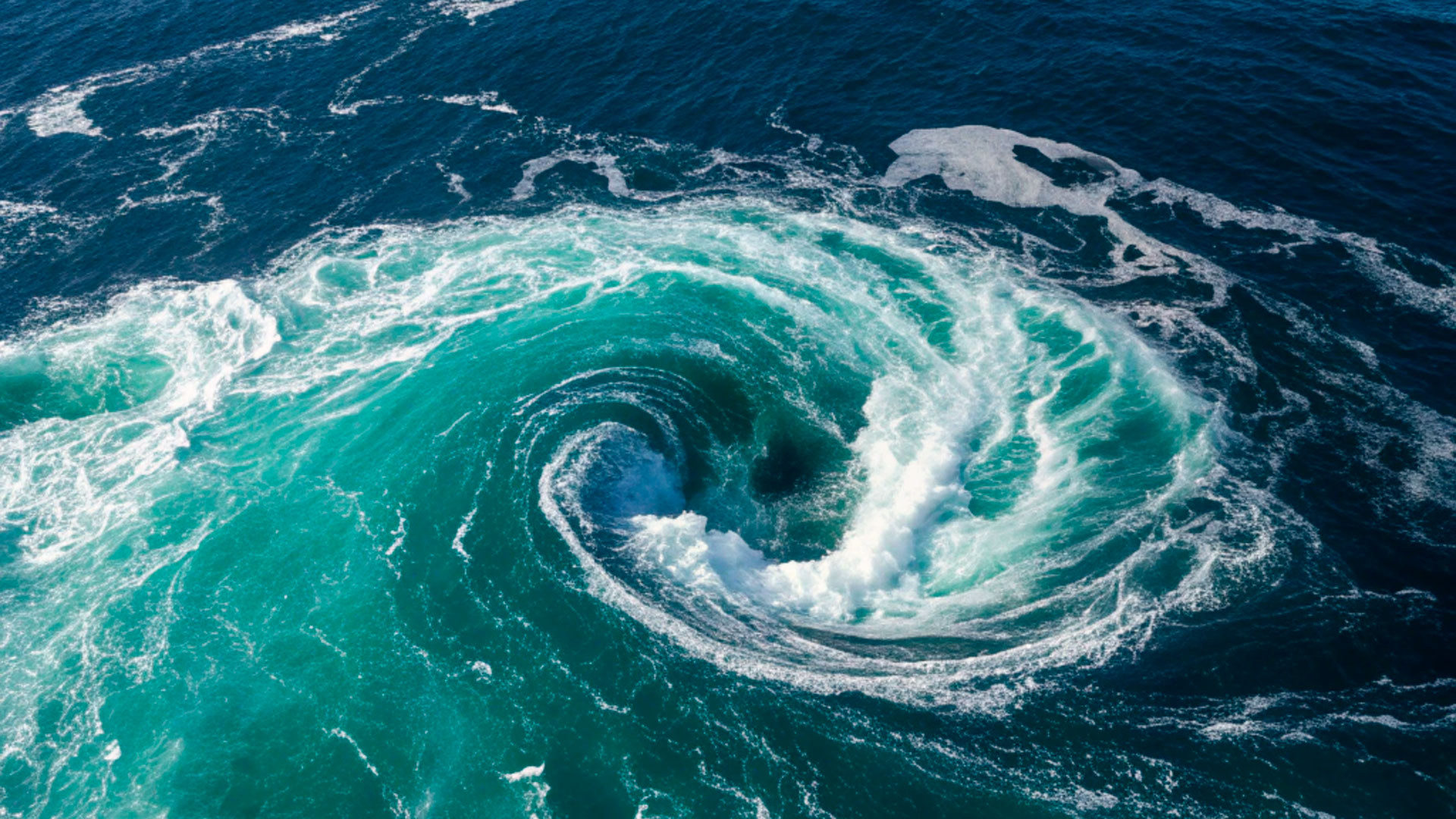
Killer whales attack: reasons and causes
Lately, there have been quite a few killer whale attacks, especially in the Atlantic coasts. According to studies, this fact has increased considerably since 2020, and in these three years, almost 300 cases of attacks on all types of vessels have been documented.
One of the latest events was less than a month ago, a pod of killer whales attacked a vessel in the Strait of Gibraltar on May 17.
In the latter cases we are talking about the Gladis killer whales. These usually inhabit the coasts of the Iberian Peninsula and Morocco bathed by the Atlantic: from Tangier to Asturias.
However, their presence is common in most of Spain and in the Brittany region of France, as they migrate along the entire coast of the Iberian Peninsula throughout the year.
During the summer season, they make a northward movement, while in autumn they fan out towards deeper waters.
Reason behind killer whale attacks
Killer whale attacks are a natural part of the life cycle in the ocean. However, they are not usually directed at humans, but rather at other marine species.
Aversive situation
In an article in the specialized journal Marine Mammal Science, they were studying the behavior and tracking of a killer whale named White Gladis. In this paper, the authors of the report made a conjecture about the eventuality of a mishap with a ship.
Biological experts call an "aversive situation" the moment in which an individual or several individuals have experienced an unpleasant event, and seek ways to avoid its repetition in the future.
All this dates back to May 2020, when "Gladis" suffered a traumatic episode when she was hit by a ship's rudder. It is no coincidence that from then on, encounters and attacks between killer whales and boats increased considerably.
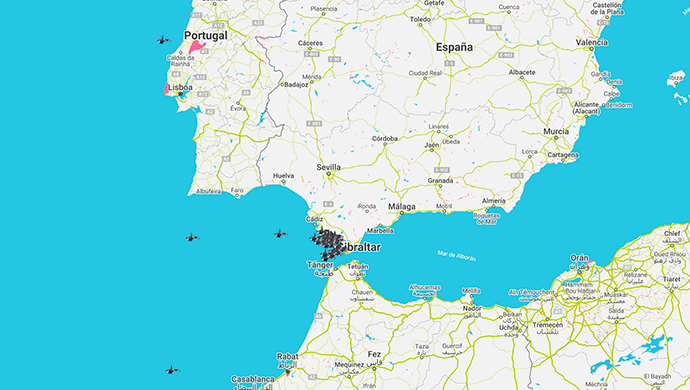
*Map of records. Source: https://www.orcaiberica.org/interacciones-registradas
Feeding
Killer whales are predatory animals at the top of the marine food chain. They feed mainly on fish, squid, seals and sometimes even other whales.
Killer whale attacks are driven by the need to obtain food and ensure the survival of their group.
It should be noted that, in the case of the Gladis, they feed on Atlantic bluefin tuna, a fish that is in danger of extinction, making it very difficult for them to obtain food, which is why these killer whales are also in danger of extinction.
Territorial defense
These animals may also show aggression when they feel threatened or when trying to protect their young. If they perceive the presence of an intruder in their territory, they may carry out defensive attacks to maintain balance in their ecosystem and ensure the safety of their group.
Underlying causes of killer whale attacks
While the reasons mentioned above explain killer whale attacks from a general perspective, there are also some underlying causes that may influence their aggressive behavior:
Decrease in food resources
Overfishing and alteration of the marine ecosystem can lead to a shortage of prey for killer whales. This can generate increased competition for resources and lead to increased aggressiveness during hunting interactions.
Noise pollution and human disturbance
Underwater noise generated by human activities such as shipping, seismic exploration and marine construction can disturb and stress killer whales.
These disturbances can alter their natural behavior and, in some cases, provoke aggressive reactions.
Climate change and habitat alteration
Climate change is affecting marine ecosystems. It is important to keep in mind that human-wildlife interactions may vary and be subject to change over time.
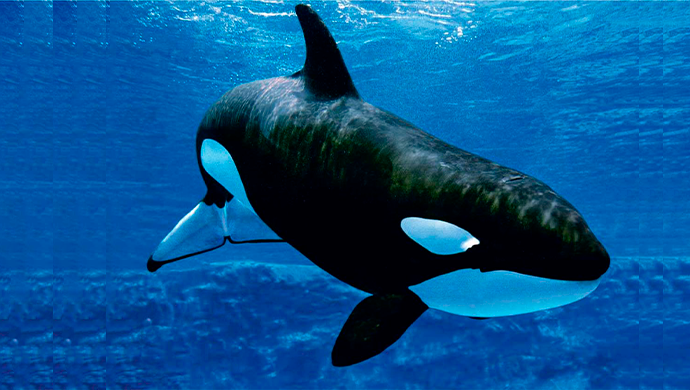
If there have been recent reports of killer whale attacks in Spain, it is necessary to analyze each case individually to better understand the circumstances and determine the possible reasons behind these incidents.
In any case, it is important to exercise caution and respect when interacting with wild animals, including killer whales.
Regulations and recommendations from marine life experts should be followed to avoid potentially dangerous situations for both humans and animals.
Killer whales are wild animals and should be treated with respect and caution.

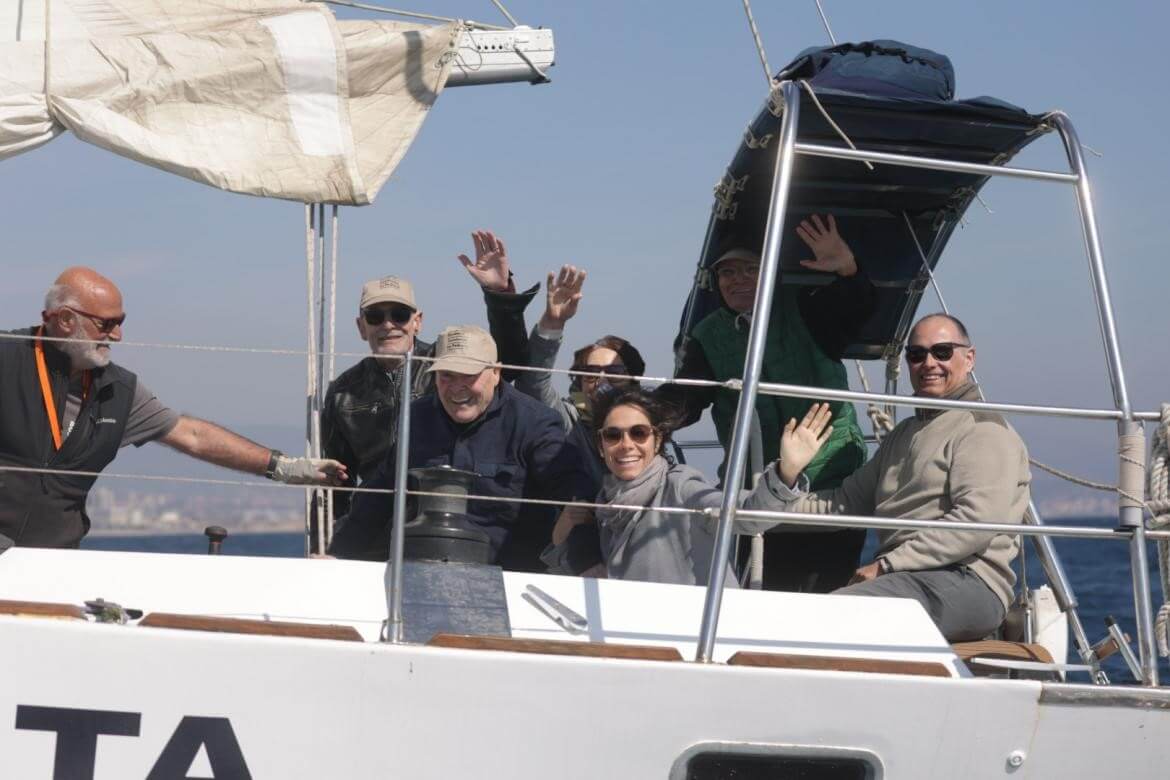
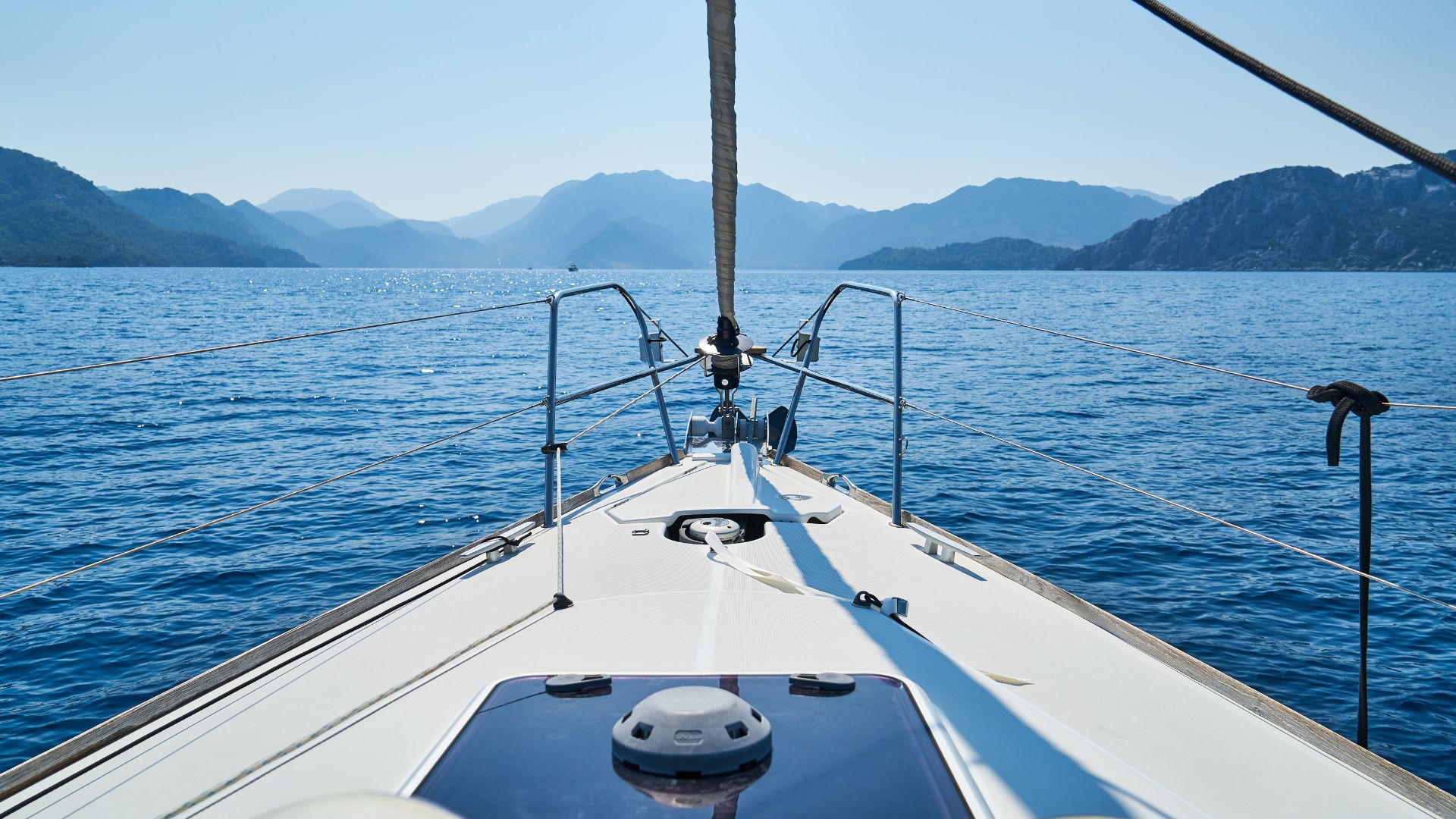










_v2.svg)
_v2.svg)









_v2.svg)


